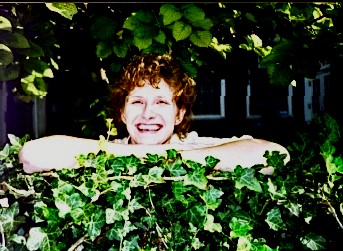 Research Has Proved Very Meaningful to Students, Faculty, and Environmental Organizations
Research Has Proved Very Meaningful to Students, Faculty, and Environmental Organizations- Such Experiences Are Truly Wonderful Learning Experiences
- Such Experiences Change Student Lives
I have found that doing summer research with students is an exceptionally rewarding and effective form of teaching. In most teaching/learning environments, students do not typically provide services to anyone outside the working environment. Thus, students often do not have the satisfaction of seeing their work actually needed, desired, or used by anyone other than the instructor or principle investigator. During our research collaborations with environmental groups, students have been able to apply their knowledge to the creation of a real product and have seen their work genuinely used by a group of people outside of the research team.
I am personally very proud of the collaborative work with the Kentucky Environmental Foundation (KEF). The US Army recently decided to seriously consider options to incineration for the disposal of the chemical weapons stored at the local Army site and has allocated $40 million dollars to investigation of alternative technologies for the disposal of these chemical weapons. Our research teams are not claiming responsibility for these results of activism. However, the topics of our researches have been chosen to address the questions brought about by the KEF investigations, and in each case our research teams were able to provide KEF with unbiased answers to their questions which helped them to focus their efforts. Our research teams have also been able to provide advice to the KEF on particular technical issues such as reasons to consider alternative technologies, and the identification of questionable underlying modeling assumptions used by the Army in their risk analyses. The experience of explaining mathematical results to non-mathematicians is one which is common in the life of an applied mathematician but is unfortunately uncommon in the classroom. Our research teams have met regularly with the members of the KEF to clarify modeling assumptions and to explain modeling results, and explaining our work to members of the KEF was one of the important benefits of the experience for the students.
In our research projects I have delighted in helping students to synthesize and add to their knowledge base as well as to develop confidence in their abilities. Of the first six students with whom I have had the pleasure of working closely in the summer, four of them indicated that the research experience helped them to make a decision about their career path. Of our research students graduating in 1998, Whitney Blackburn went to graduate school in Environmental Engineering, Srabasti Dutta went on in Applied Mathematics, and Brian Moyers went on in Biostatistics. I couldn’t be more proud.